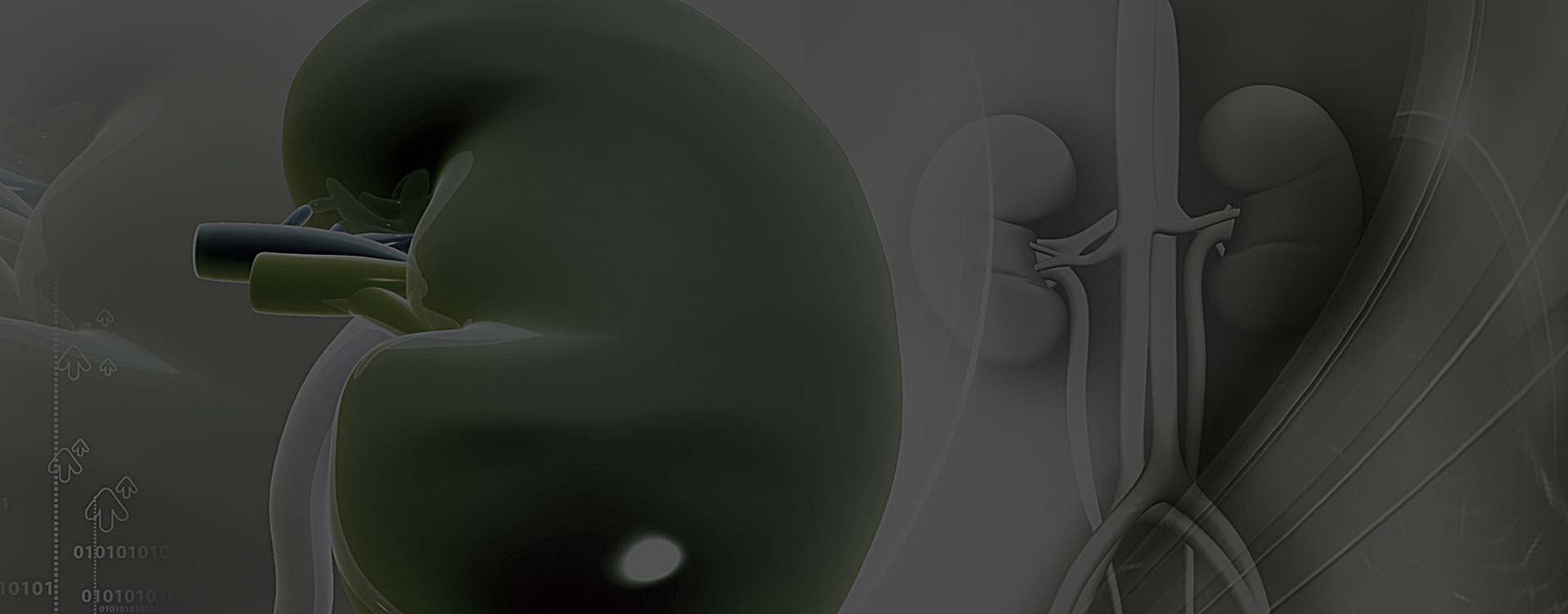
Kidney Cancer
Urothelial cell carcinoma will often present with blood in the urine but most kidney cancers are asymptomatic and found incidentally when the patient has a scan for another reason.
Most kidney cancers are asymptomatic and found incidentally when the patient has a scan for another reason
Treatments
The treatment of Kidney cancer is surgical. Depending on the size and position of the tumour in the kidney the treatment will be removal of the entire kidney known as Nephrectomy, or removal of just the lesion known as partial Nephrectomy. If it is a Urothelial Cell Cancer it will require a Nephro- ureterectomy which means removing the entire tube connecting the kidney to the bladder to prevent recurrence.
Most Nephrectomies will be done as a Laparoscopic Nephrectomy. This is keyhole surgery which has a much quicker recovery than open surgery and leaves the patient with a much smaller and less painful wound in the short and long term. Rarley a tumour may be too large or there is concern of spread to adjacent organs and this will require open surgery. Partial Nephrectomies can be performed Laparoscopically, Robotically or via an Open approach again depending on the size and position of the tumour.
Most kidney cancers will not require treatment after surgery but occasionally there will be chemotherapy after the surgery if the tumour has already spread out of the kidney.


